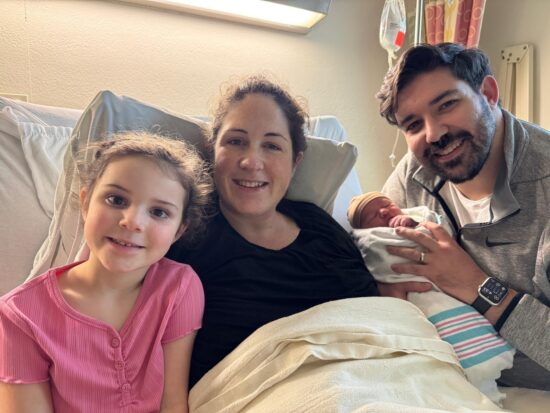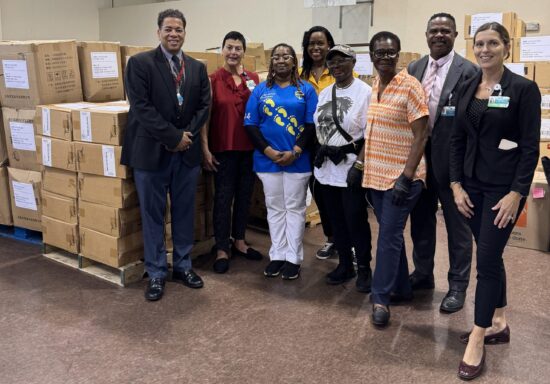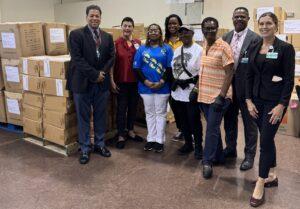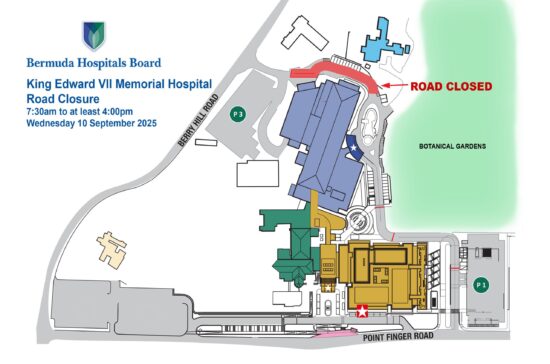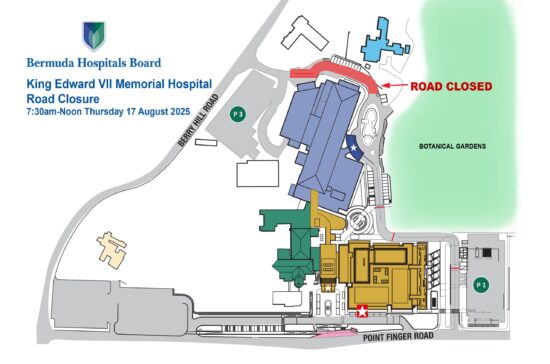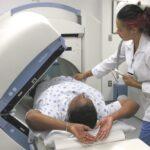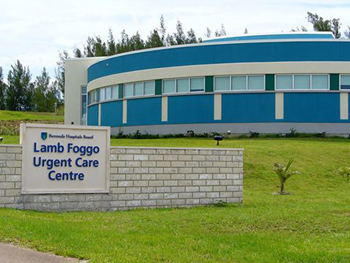Urgent Care Centre X-ray equipment to be replaced
Friday 9 January 2026: Bermuda Hospitals Board (BHB) today announced that it will start replacing old x-ray equipment in the Lamb Foggo Urgent Care Centre on Monday 12 January.
This is part of the BHB’s replacement and upgrade project of its older diagnostic equipment, which was announced in March last year. New CT, MRI, ultrasound, nuclear medicine and x-ray equipment has already been installed at KEMH since the announcement.
Manager of Imaging Services Terricca Smith says: “The x-ray equipment at the UCC is over 15 years old. We’re really pleased that its being replaced by new equipment from GE as the old equipment is suffering from some serious maintenance issues. It will be taken out from Monday. Once extensive renovations of the room are complete, the new x-ray machine will be installed. We expect it to be open by March 2026.
“This diagnostic service can be very helpful in the urgent care setting,” Mrs Smith adds, “especially for minor injuries and sprains to check for any fractures or broken bones. While the x-ray equipment is being replaced at the UCC, we will direct people to the KEMH if x-rays are required.”
The Lamb Foggo Urgent Care Centre is open every weekend from 9am to 9pm.


